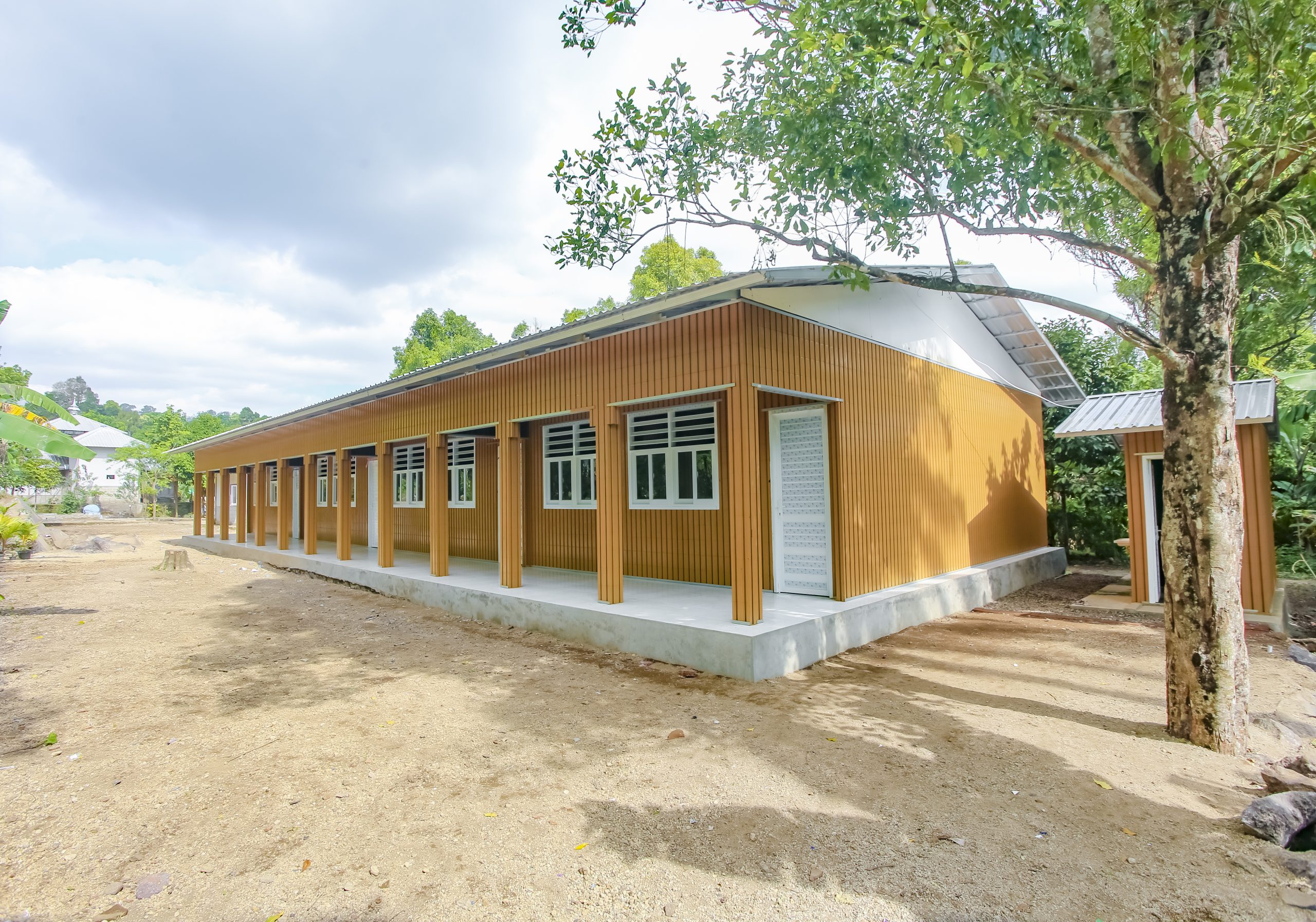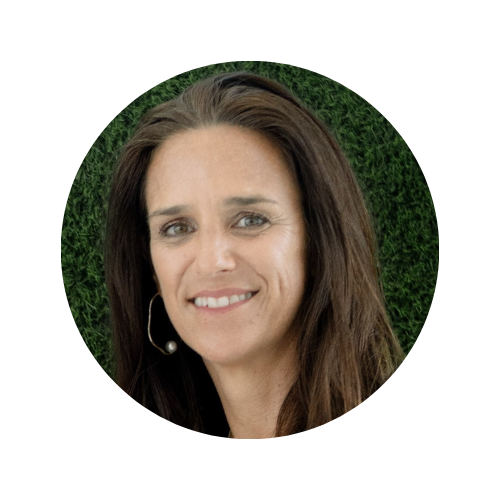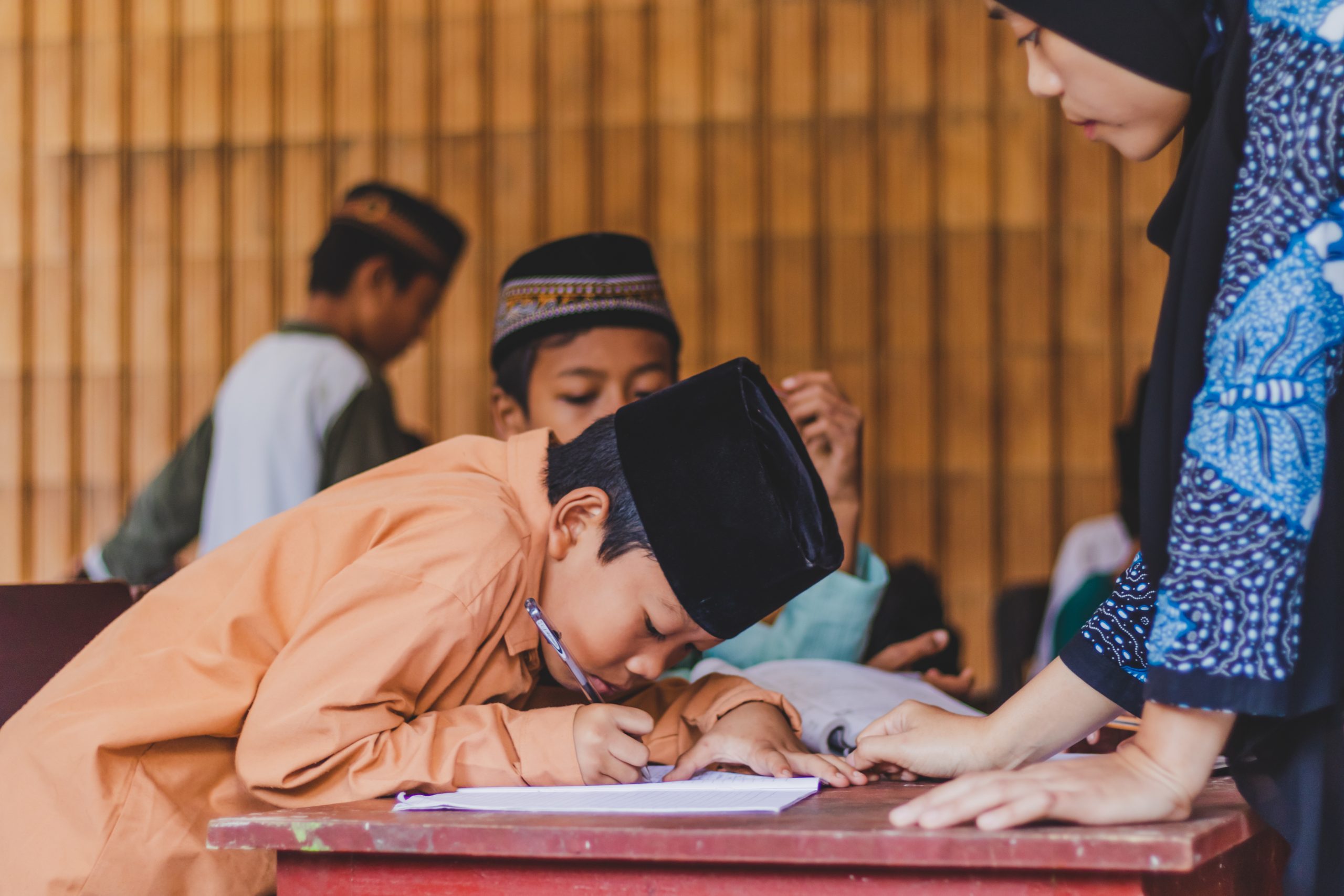Indonesia’s archipelago provinces are particularly vulnerable to earthquakes. These earthquakes are not only a threat to the lives of the communities in the region, disastrous for basic infrastructure and social services but can also have a devastating impact on access to education for Indonesia’s children. This is because the majority of school buildings are not earthquake-resistant.
The consequences of poor safety standards in school buildings were highlighted last November when the mountainous region of Cianjur in West Java, Indonesia, was rocked by a shallow quake that resulted in the collapse of more than 50 schools. Tragically, according to Save the Children, many of the 260 fatalities were children who had been at school when the tremors hit at 1pm.
Despite repeated incidents such as this, efforts to rebuild schools continue to default to the same low-cost bricks and mortar structures as before. Indeed, when Classroom of Hope Australia started as an education charity in Southeast Asia – we too used conventional building materials to build our schools.
However, things are changing.
In 2018, the Indonesian island of Lombok was rocked by a series of strong earthquakes that severely impacted educational facilities and social services. More than 400 schools were destroyed in the northern part of the island, affecting some 50,000 children. Classroom of Hope initially provided 23 pop-up schools as a temporary solution, but even years after the disaster, thousands of children on the island of Lombok are still out of school. Traumatised families have expressed that they are too scared to send their children back into conventional brick and mortar buildings.
It was at this moment that our founder, Duncan Ward, realised there is an urgent need for more innovation in disaster relief rebuilding. We quickly began researching alternative earthquake resistant technologies with an emphasis on sustainability and durability.
This led Classroom of Hope to a Finnish company, Block Solutions OY, which had already invented sustainable shelter technology using recycled plastics in response to a request from the United Nations. The lightweight block modules look like honeycomb and slot together like Lego which enables whole buildings to be constructed in a couple of days.
The prototype block modules were rigorously tested in the first Block Solutions factory in Jakarta before the Lombok government agreed to work with Classroom of Hope on a major disaster relief programme, with a goal of building 200 schools within five years. Construction of the first Block Schools began in June 2021 in the village of Taman Sari, and since then the collaboration has built 18 schools with 52 classrooms.

One of Classroom of Hope’s block schools.
Crucially, feedback from the communities on the Block Schools has been resoundingly positive. Community members have said they feel safer in these buildings, which are designed to cause minimum damage in the event of collapse. They are also reported to be cooler and, therefore, more comfortable as the blocks have thermal-resistance properties and are expected to last for 100 years.
The block modules also provide a circular economy approach to dealing with plastic waste – Indonesia is second only to China as the world’s largest contributor to plastic pollution, generating roughly 24,500 tonnes per day. Two thirds of this waste is unsorted, making it difficult to recycle and causing plastic waste to end up in landfills or leak into the ocean. Each Block School classroom removes approximately 1.8 tonnes of plastic waste from the environment, and the average classroom requires 700 blocks.
We further connected with local actors and other NGOs, such as Sungai Watch that creates solutions to preventing waste entering rivers and raising community awareness, to ensure that we were centering a localised approach and tapping into the incredible local sustainability movement. We found that working with NGO, Happy Hearts Indonesia, was also critical because of their local knowledge, insights and established on-the-ground relationships. Excitingly, this partnership will facilitate Block Schools on the neighbouring island of Sumba in 2024.
However, despite the success of this technology there are continued challenges to further addressing and expanding this pioneering disaster relief rebuilding program.
First, whilst this technology is cost competitive in the context of building schools (because of the shared wall between classrooms), overall this technology is 25% more costly for housing than using conventional materials. This is because the recycled plastic supply chain continues to fluctuate.
The fact that virgin plastics are cheaper than recycled is a global issue that needs to be resolved. In Indonesia specifically, project costs could be reduced if the government introduced policies to regulate and subsidise waste collection. Likewise, if recycling infrastructure is developed locally, then the recycled plastic would not have to be externally sourced.
Second, taking the risk of being an early adopter of innovative technology also creates the need for catalytic philanthropy that can overcome a fear of the new. In our experience of seeking major donors, there is a lot of focus on the ‘what ifs’. In particular – what could go wrong. We believe that this risk aversion has hampered disaster relief rebuilding and explains why disaster relief rebuilding programs stick with the status quo. That is, rather than delivering long-term sustainable solutions that can stand up to future earthquakes and other natural disasters.
Moving forward, our advice to other NGOs seeking to find innovative and sustainable solutions is: the solutions are out there, do the research and due diligence and be bold in bringing it to life. In fact, make sustainability a part of the fabric of the organisation.
———————————————-

Tanya Armstrong, CEO, Classroom of Hope
Tanya has over 15 years experience as an executive leader in social housing and homelessness services NGOs in Australia and has a strong track record working with CEOs and Boards to develop and implement strategic and operational plans that deliver on the mission. Tanya is known for her ability to deliver high-quality outcomes for the benefit of disadvantaged communities and has a long history of being involved in purposeful work. Tanya firmly believes everyone should have access to a home and equal access to education. Six months after joining Classroom of Hope as International Program Director, Tanya was the natural choice to step in to lead the company in April 2023.
Classroom of Hope is an education nonprofit organisation. They partner with local NGO’s and communities to build safe and sustainable block schools and block homes out of recycled plastic waste in developing countries. They innovate using new block technology to ensure they are being sustainable in their approach to development by using the circular economy. In 2021 they built the world’s first block school in a matter of 6 days and the worlds first block toilet in 2023 in Indonesia.
*Feature image credit: Classroom of Hope 2023.
